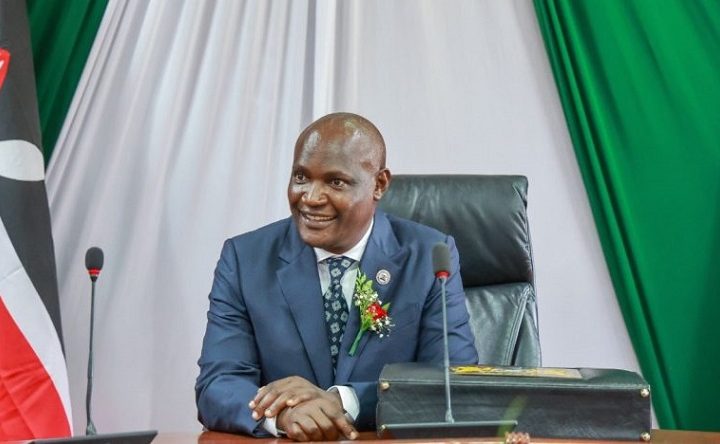When Gulf Energy Ltd. announced its acquisition of Tullow Oil’s entire Kenyan portfolio for a minimum of $120 million, the news made waves far beyond the oilfields of Turkana, a loud and clear signal that a new chapter is unfolding across Africa where indigenous companies are taking command of the continent’s natural resources.
This acquisition is significant not just because of the numbers or the barrels, Tullow Kenya holds around 463 million barrels of recoverable resources, but because of what it represents in the broader arc of African economic history.
For decades, Africa’s vast oil, gas, and mineral wealth have been controlled and extracted by foreign entities, with profits flowing outwards and development dividends left to trickle in, if at all. But a slow and powerful shift is now underway. Africa is reclaiming ownership, agency, and value from its soil.
Gulf Energy’s move is part of a growing wave of African enterprises stepping into spaces long dominated by multinational giants. From Nigeria’s Seplat Energy and Sahara Group, to South Africa’s Seriti Resources and Kenya’s own Centum Energy, African-owned companies are increasingly becoming players, not pawns, in the energy game. They bring with them not just capital and ambition, but a deeper understanding of the local terrain, community needs, and the long-term development agenda of the continent.
In Kenya, the decision by Tullow to exit is not a retreat from potential, but rather a passing of the baton. The company had spent years developing Kenya’s oil exploration story in the Lokichar Basin, building infrastructure and navigating government partnerships. With Gulf Energy stepping in, the project gets a fresh lease of life under local stewardship, grounded in Kenyan realities and a commitment to creating value that stays at home.
One of the greatest challenges African economies have faced is being trapped in extractive models where raw resources leave the continent, only to return as expensive finished products. Local ownership of upstream assets is the first, crucial step in disrupting this cycle. When African companies control the rigs, the logistics, and eventually the refining and distribution, the benefits multiply: more jobs, better infrastructure, and increased bargaining power in global markets.
Moreover, indigenous ownership often aligns better with the long-term interests of local communities. Whereas foreign firms are often answerable to distant shareholders, African firms, under proximity and cultural connection, are more likely to invest in local development, education, and environmental responsibility. Gulf Energy now has the opportunity to set a benchmark in inclusive energy development in Kenya.
This is not just a Kenyan story. Across the continent, we are witnessing a renaissance of African-led energy ventures:
- In Nigeria, Seplat Energy has been snapping up oil blocks previously held by Shell, gradually localizing control of the country’s hydrocarbon wealth.
- In Ghana, Springfield Exploration & Production became the first independent Ghanaian oil company to drill in deep waters and make a significant discovery.
- In South Africa, Seriti Resources took over coal operations from Anglo American and is now exploring cleaner energy transitions as a homegrown solution to South Africa’s power crisis.
- In Namibia, local firms are partnering with international players in the promising Orange Basin, asserting stronger voices at the negotiating table.
Each of these examples is a small revolution, a turning of the tide from dependence to self-determination.
Governments across Africa must now rise to the moment. If this indigenous momentum is to be sustained, there must be supportive policy environments, fiscal incentives, streamlined licensing processes, transparent regulations, and access to affordable capital. Public-private partnerships, sovereign wealth funds, and strategic alliances with local banks can all play a role in strengthening the hands of African firms.
Moreover, we must invest in technical capacity and human capital. For African companies to not just acquire assets but also operate them efficiently, we need a workforce trained in geoscience, petroleum engineering, finance, and ESG standards. Institutions must evolve to produce not just graduates, but game-changers.
For too long, the phrase “resource curse” has defined Africa’s relationship with its natural wealth. But the rise of indigenous ownership can rewrite that story. It replaces exploitation with empowerment, and extractive dependency with value creation.
The Gulf-Tullow deal is more than a headline; it is a heartbeat in a much larger movement. It shows that African companies are no longer content to play supporting roles. They are ready to lead, to own, and to transform.
Related Content: Tullow Oil Exits Kenya In $120 Million Deal With Gulf Energy, Strengthening Focus on High-Margin Global Assets











